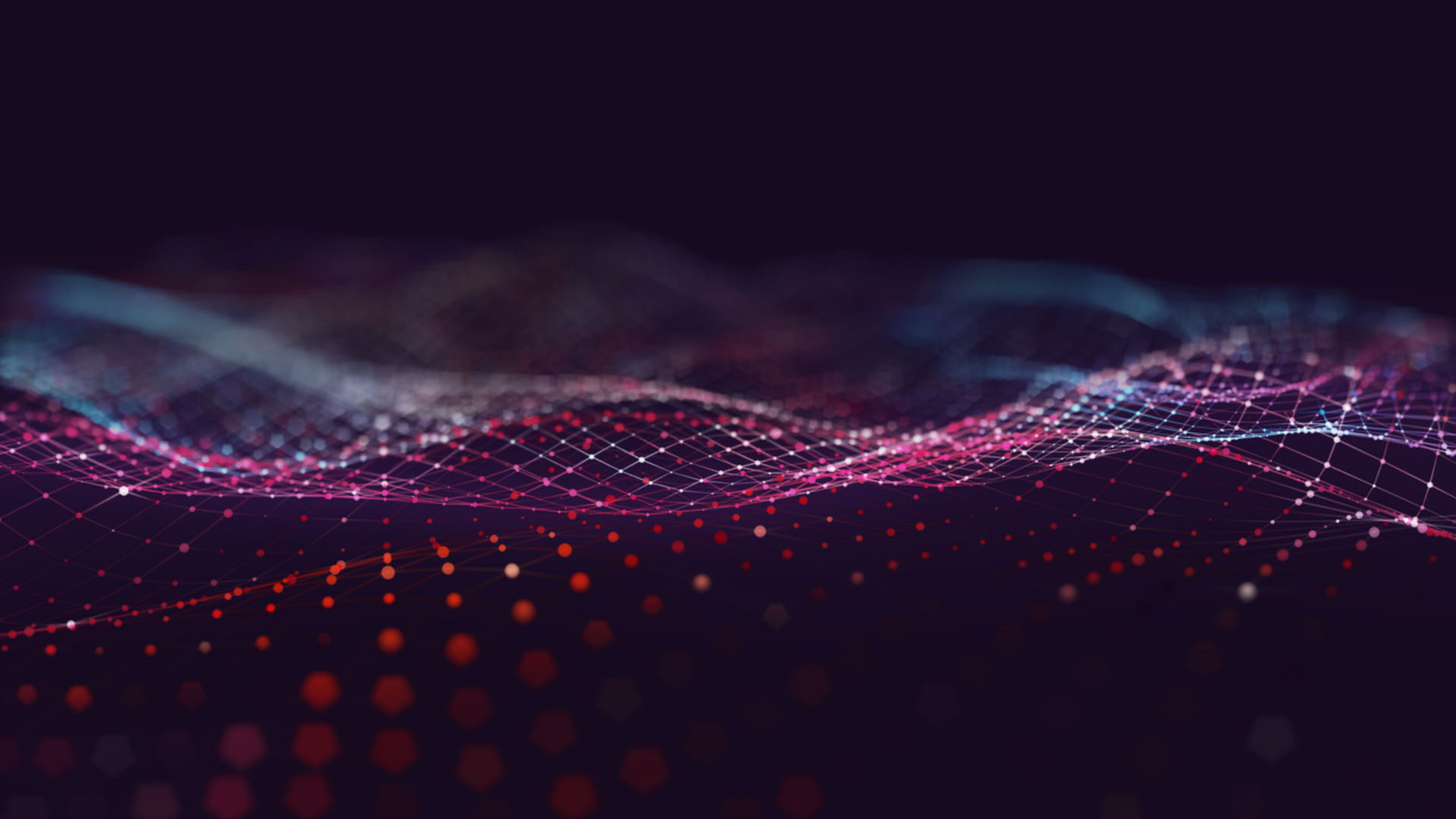
Blog
Securing AI agents in the new era of automation
February 10, 2026
This webinar explores practical privacy and security measures organisations need as AI agents become integrated into business systems and workflows.
A new year brings new AI obligations
January 30, 2026
Courts are beginning to define how companies should consider retaining outputs generated by GenAI tools.
The RAISE Act: Advancing AI Safety and Education in New York
January 09, 2026
Governor Kathy Hochul signed the Responsible AI Safety and Education Act.
AI-generated case law: Errors that carry consequences
December 24, 2025
Courts are increasingly sanctioning lawyers who submit briefs containing AI generated “hallucinations,” such as fabricated cases or misquoted legal authorities, emphasizing that attorneys remain fully responsible for verifying accuracy.
Machine-Readable opt-outs and AI training: Hamburg Court clarifies copyright exceptions
December 18, 2025
A recent decision by the German Hanseatic Higher Regional Court (OLG Hamburg, 5 U 104/24, 10 December 2025) in the case of Robert Kneschke v. LAION e.V. provides the first appellate-level guidance in Germany on questions surrounding copyright exceptions for text and data mining (TDM) and scientific research in the context of AI training.
Preparing for The Texas Responsible AI Governance Act
December 15, 2025
Texas enacted new legislation that staked out an early position in AI regulation.
NIS Regulations Keeling Schedule for the Cyber Security and Resilience Bill: How is the UK’s cybersecurity law changing?
December 03, 2025
The UK’s Cyber Security and Resilience Bill (the Bill) has started making its way through Parliament. The Bill proposes amendments to the UK’s Network and Information Systems Regulations 2018 (NIS Regulations). The NIS Regulations implemented Directive (EU) 2016/1148, the EU’s first NIS Directive, and already impose cybersecurity obligations on some sectors.
UK Cyber Security and Resilience Bill: Headlines for the data centre sector
December 03, 2025
The UK’s Cyber Security and Resilience Bill (the Bill) has started making its way through Parliament. This blog post includes headline points on new and existing obligations for the data centre sector.
Video gaming: Navigating cybersecurity legal and technological challenges
November 25, 2025
The video gaming industry is an alluring target for cyber criminals. In response, regulators in various jurisdictions have sought to bring video gaming into scope of critical infrastructure legislation or have adopted sector-specific rules.
AI in the Legal Sector in Thailand
November 17, 2025
Thailand’s legal sector, both the courts and the Lawyers Council, is beginning to develop frameworks, standards and guiding principles for AI utilization by lawyers and the judiciary that aim to maximize public benefit while ensuring transparency, accountability and the preservation of human decision-making authority.

















